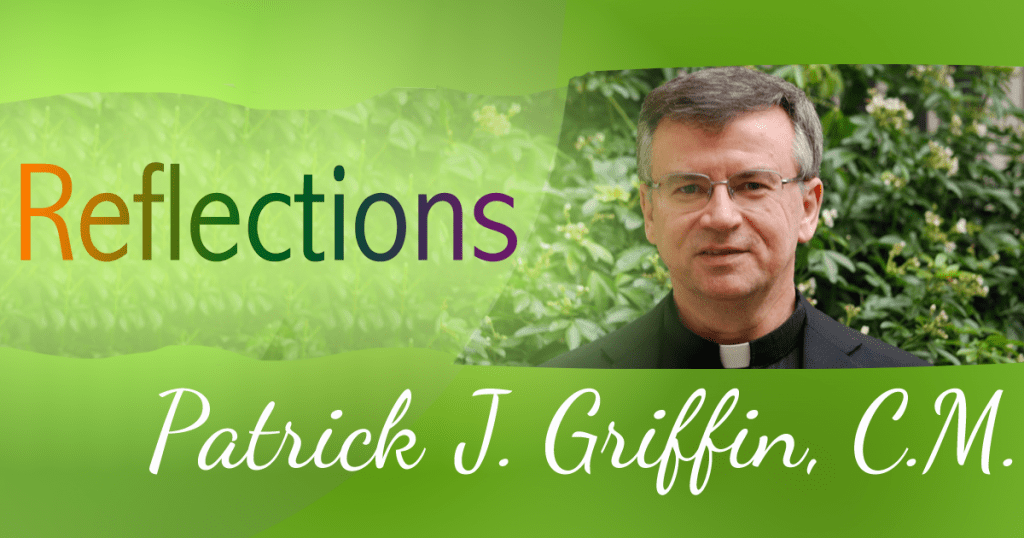In the middle of the Acts of the Apostles (c. 15), we find one of the first issues of exclusion in the young Christian community. We are presented with the events of what came to be called the “First Council of Jerusalem,” though the participants would hardly think of it that way. This controversy followed Paul all through his ministry.

The issue was this. (Almost) all of the earliest Christians were Jews. They had learned to believe in Jesus and came to understand him through the lens of their ancestral faith: Judaism. Even some leaders among the Pharisees came to the Church. They cause the confrontation of the day. Some among them insist that non-Jews (that is to say, Gentiles) must become Jews before they can become Christians. This, of course, meant circumcision for the men, but the learning and obeying of the Mosaic Code for all.
One might have expected that Paul, who had been the strictest of Jews, would be supportive of this position, but he was just the opposite. His position was that Christianity should welcomed all men and women with no preconditions other than that they accept Jesus Christ as Lord. He becomes the strongest voice in the early Church for this position, and it is the one that ultimately triumphs.
There is a lesson here. Even in Christianity, and even from its earliest days, there has sometimes been an effort to set limits and demand conditions on those who want to be part of us. Hopefully, most people did this with a good will, but that does not make the practice any less hurtful or wrong. The attempt strives to insure, in one way or another, that people resemble me in order to be part of my group—either physically or politically or spiritually.
I invite you to think about that. Do we set boundaries that exclude persons or ideas that differ from our own? Do we set up hoops through which people must jump in order to join us? Are we afraid of change and new ideas and different works and other ways of prayer? Do we allow the Spirit to roam freely in our minds and hearts and to lead creatively in our plans and actions? Sometimes we justify our decisions on what is best for X or Y. When we are honest with ourselves, however, and when we take time for careful reflection as we bring the matter to prayer, we may see that other criteria also influence our thinking.
I do not suggest that we should be without convictions, but there are other ways to express and live these values, other expressions of our beliefs that can be appropriately colored by age and culture and context. We might envision this as part of the pruning effort that our Gospel describes.
One of the real gifts of both Vincent and Louise was that they did not allow themselves to be bound by the restrictions of their time. They were prepared to do things differently while involving different people and institutions. No one would be more loyal to the teachings of the Church, but they also saw new possibilities—in consecrated life, in formation of the clergy, in preaching the Gospel. They supported the royal government and its institutions, but saw the ravage of war, and the damage of favoritism, and the injustice suffered by the helpless. Vincent and Louise were those kinds of people. Contemporary prejudices did not stop them. Vincent encourages us with the words: “Love is creative unto infinity.”
As a Vincentian Family, we are blessed. Our diversity makes it possible for us to do much of the good that we do. Through honest and open reflection, we recognize the value of new ideas and other ways of doing things. Let us pray that we may welcome all those who come to us with good will and who offer us creative ways of responding to the Gospel message. Our deepest and best criteria drive us to proclaim Jesus as Lord and encourage us to follow him with the total gift of ourselves in our service of the poor. Anyone who walks that path with us is welcome. He/she is brother or sister to us.





Very well pit and also thought provoking.
Dear Fr. Griffin, it is always so good to read you, to hear your heart and your words proclaiming God’s paths.
I do really thank the gift of the Holy Spirit poured out on you, and your openess to welcome him.
Thanks! I was so blessed to be able to translate you during some months!